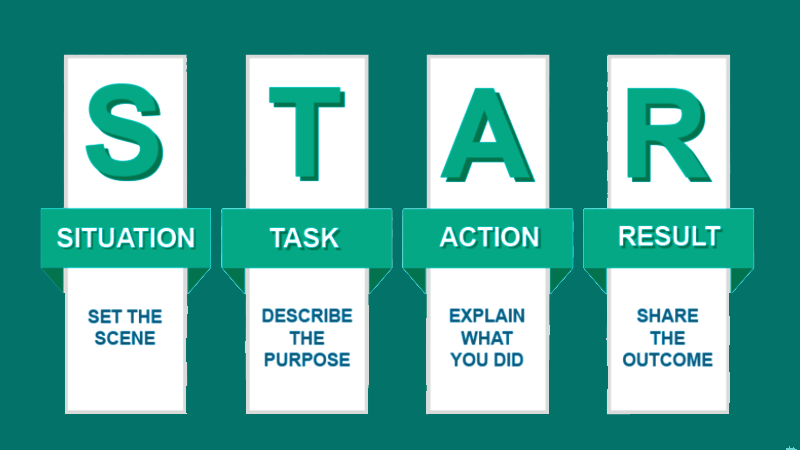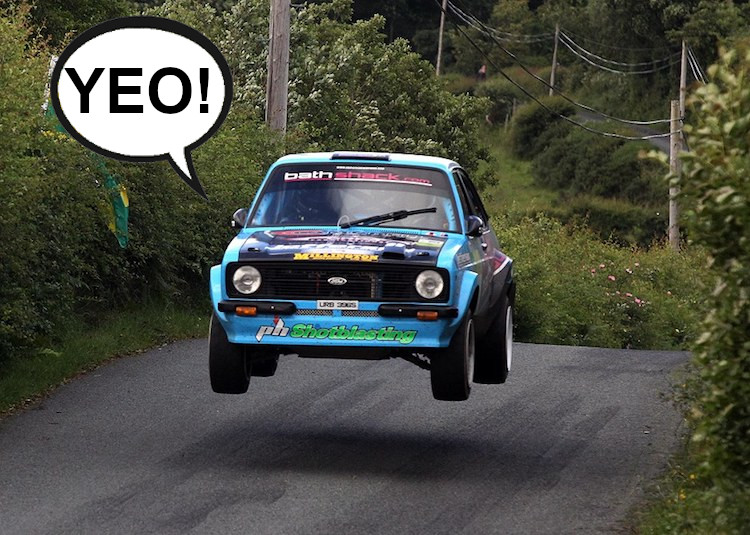The Donegal International Rally and It’s Lessons On Interview Skills (Bap Bap)
Intro: Starting Line
Week 12 and 13 gave me the opportunity to get a glimpse into a world I had little to no experience in and will be the topic of this 2nd blog post: the job interview. Don’t get me wrong I have had interviews for college/uni applications, but in terms of a job interview or more specifically an interview for my desired field of work, I might as well have been a driver at the Donegal Rally with no navigator (or steering wheel for that matter). This post will reflect upon and analyse all aspects of the interview process primarily through the visor of the Gibbs Model of reflection (Boud et al, 1985)

Situation: Stage 1
Before the interview process began, I needed to do some important pre-planning such as finding a job listing in my chosen field of sound engineering and some research the studio itself lest I become a figurative deer in the headlights in-front of a panel knowing nothing about the position or why I am suitable for it. Luckily the qualities of a good navigator in terms of pre-planning routes is a strength I already have and was able to find a suitable opening at a recording studio in Essex that echoed the career I am working towards and began researching the studio extensively in terms of equipment used, clients and their history as a company.
Task: Dashcam
The day of the interview had arrived and I began to think of potential issues or questions I could trip up on and how to approach them. One concern was not having a lot of experience to draw from and what I believe to be obvious gaps in my knowledge that would inevitably be brought up from the gravel, to combat this I went into the interview with a plan of no matter how I felt, to always try and maintain a confident and calm body language, although not as life threatening as a lack of confidence when driving across Kerrykeel at 100+ mph (understandably however, most people do try to leave Kerrykeel as fast as possible), I concluded that a “fake it ‘til you make it” approach would improve the perception of my overall skills. A study conducted by (Dimopoulos, 2020) confirms this idea with their results stating.
“Candidates’ self confidence has a significant effect in all recruiters’ decisions, specifically to their decisions to hire them, to consider them suitable for a position and to invite them in a second interview”.
As I walked over to the table, my confidence facade might have been more exposed and shaky than I expected, the realization that the interview had begun and I was being critically evaluated was slightly unsettling. To start the interview strong, For the first question “Tell us about yourself” I decided to focus heavily on skills such as my professionalism and my emotional recognition of artists and their work, a strength I have been told by artists I possess during my first blog post assessment. After a strong first impression, this gave me the booster I needed to finish the interview with great optimism.

Action: Over The Bray
Reflecting on the interview process, I can identify particular strengths and some details of my delivery I can improve on.
One piece of feedback I am conflicted on was my experience and knowledge of analogue equipment. Although positive feedback was given for my displayed knowledge of both analogue and digital equipment, I feel I may have oversold myself on my experience with analogue. I can indeed operate analogue equipment but perhaps not at the skill level required for this position. Is it lying/distasteful to oversell myself as a means of getting my foot in the door? After much deliberation I still do not have a conclusive answer. This moral dilemma and general study/use of analogue practices and workflows are two areas which I used the Gibbs Model of Reflection heavily, below is my workings:
Description: Hesitance around overselling in an interview
Feelings: Conflicted, Confusion, Did I lie? Is it a bad thing?
Evaluation: Pros of doing well in an interview and potentially getting my dream job, Cons of potentially lying.
Analysis: Fast paced interview, feeling uneasy due to being analyzed
Conclusion: Address lack of experience/knowledge but highlight willingness to steps you are taking to learn.
Action Plan: I will be digging deeper into by reading chapters of Recording Secrets for the Small Studio (Senior, 2015), which has detailed information on analogue workflows and discussing breaking into the industry with some of my full-time music industry friends, lecturers…and potentially talk to a higher power on ethical practices.
During the interview I had difficulty implementing the star technique in a cognisant way when I realized the first two answers I gave followed the star technique losely already, and running through each letter to ensure I addressed them used all my available brain power causing long pauses and stuttering between answers. This was highlighted in my feedback along with a critique that I could have drawn from more specifics examples from sessions. Upon retrospect of the interview I definitely could have implemented a more refined version of the star technique to many of the questions asked such as when the panel asked about my range of clients. One simple technique I plan on utilizing for this is simply just more practice interviews and analyzing. In MUS2052 Music Psychology, guest speaker Dr.Matthew Rodger lays out the methods for “Deliberate Practice”, Rodger explained that when practicing new or established skills such as interviews, instruments, or doing doughnuts out the back of Creeslough, these rules create the optimal practice session:
- Focused and well structured
- Conscious monitoring of performance
- Identifying and correcting errors
- Goal based
- Failure is accepted as necessary to improve (Agus, T. and Rodger, M., 2021)
Each mock interview I do henceforth will have these tenets as well as a clear goal for each interview and accepting the interviews that don’t meet my standards as necessary progress.
Results: Curry Chip and Away To Voodoo
I’m incredibly pleased with the interview and it’s lessons, showing me that I have all of the broad interview skills and qualities/experience to gain employment in the world of audio, while tightening the nuts and bolts of the star technique and confidence for interviews while practicing analogue workflows will ensure I perfect the next interview and have the brown shoes/jean combo on in time for the nightclubs opening.
References:
Boud, D., Keogh, R. and Walker, D., 1985. Reflection. pp.Chapter 1, Chapter 6.
JobGet Blog. 2020. Use The STAR Method and Nail Your Next Job Interview! – JobGet Blog. [Online] Available at: <https://blogs.jobget.com/blog/job-interview-use-the-star-technique/> [Accessed 12 February 2022].
Dimopoulos, A., 2020. Applicant’s Self Confidence Influence in Employment Interview Process According to Recruiters Perceptions. An Exploratory Study in Greece. International Journal of Human Resource Studies, [online] 10(2), p.82. Available at: <https://www.researchgate.net/publication/340020160_Applicant’s_Self_Confidence_Influence_in_Employment_Interview_Process_According_to_Recruiters_Perceptions_An_Exploratory_Study_in_Greece> [Accessed 12 February 2022].
Agus, T. and Rodger, M., 2021. Performance and Action.
Senior, M., 2015. Recording secrets for the small studio. 5th ed. Focal Press. PP. Chapters 1-5
McNulty, C., 2022. 2018 Donegal International Rally – Three classics to bring an end…. [online] Donegal Daily. Available at: <https://www.donegaldaily.com/2018/06/17/2018-donegal-international-rally-three-classics-to-bring-an-end-to-a-clasic/> [Accessed 12 February 2022].
You May Also Like

The interview may have been simulated, but the anxiety was real!
21 February 2022
Finding the Right Balance: My Simulated Interview Experience
14 February 2022


